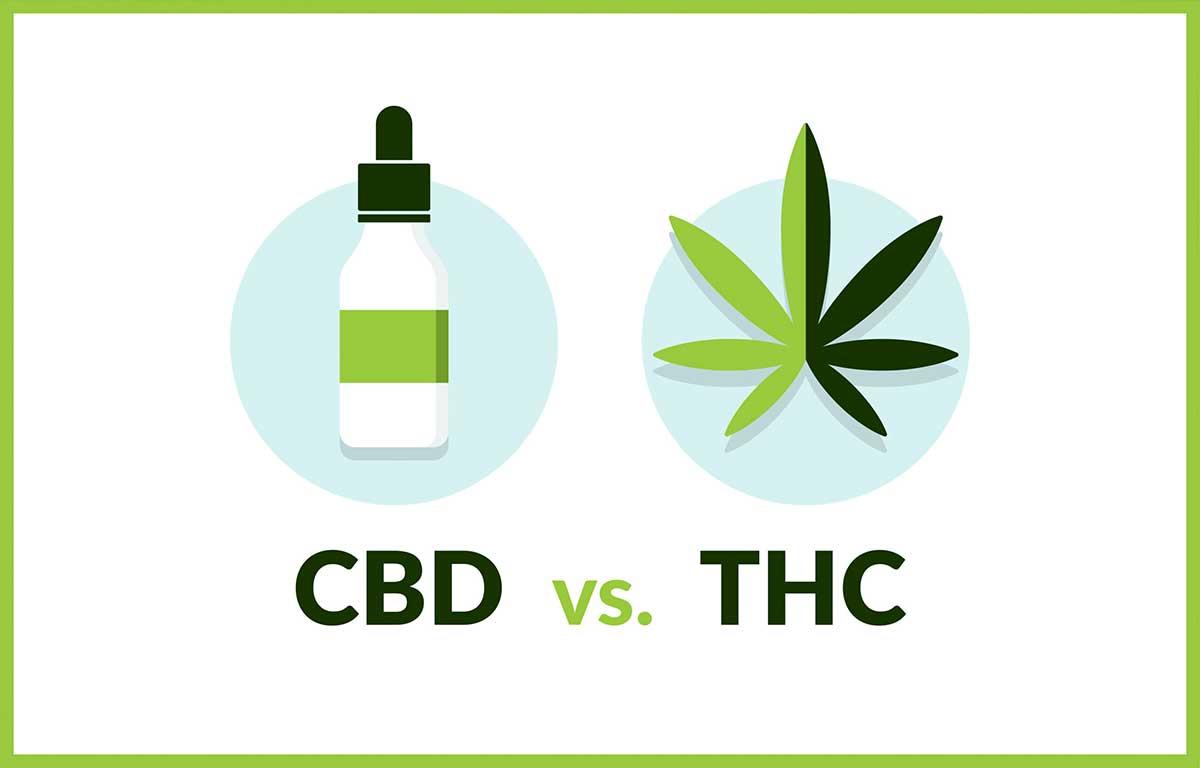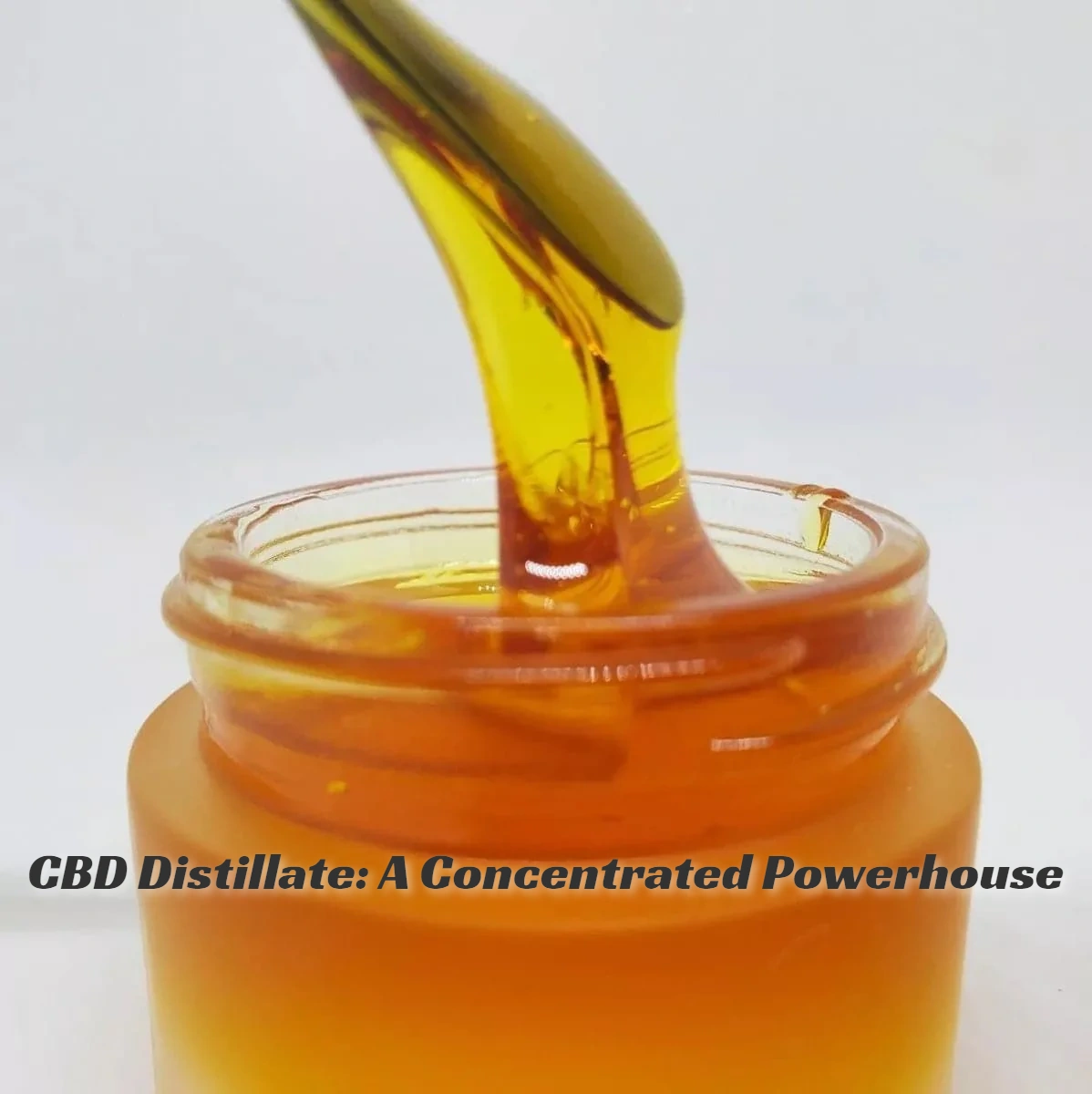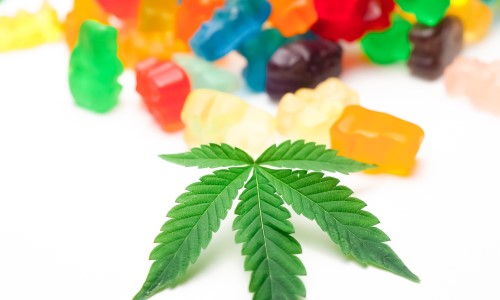There is focus on medical marijuana as the plant finds usage. Two essential molecules are CBD vs THC known as cannabinoids; however, CBD causes a different effect on the body. This paper gives a comparison of the two chemicals, how it operates and finally the possible medical uses.
Chemical Breakdown: A Slight Twist Makes a Big Difference
That’s not quite accurate. CBD vs THC actually have the same molecular formula, both with 21 carbon atoms, 30 hydrogen atoms, and 2 oxygen atoms. The key difference lies in how these atoms are arranged, not the total number. This slight difference in structure leads to their distinct effects on the body.
CBD and THC share the same chemical building blocks (21 carbon, 30 hydrogen, 2 oxygen) but arranged differently. This, like a key fitting one lock but not another, leads to their distinct effects.
Navigating the Endocannabinoid System: Where CBD and THC Interact
The human frame is geared up with a as an alternative complex machine called the endocannabinoid gadget or ECS. This gadget contributes to the control of many factors of existence consisting of temper, sleep, appetite, ache sensation and immunity. Endocannabinoids are synthesized within the ECS and they bind to receptors unfold all over the frame.
- Cannabinoid Receptor 1 (CB1): With the aid of a ways, CB1 receptors are particularly located inside the mind and the valuable worried system and relate to the psychoactive outcomes which might be linked with the usage of marijuana
- Cannabinoid Receptor 2 (CB2): Gift mainly within the peripheral tissue and immune device, CB2 receptors are concerned with inflammation and pain modulations.
Understanding the Effects: How CBD vs THC Differ
CBD (Cannabidiol): In contrast to THC, Cannabidiol does not act upon receptor of CB1 type. Instead, it interacts with the ECS in various ways, including:
- Indirectly affecting CB1 receptors: CBD could interact with the body’s own cannabinoids and thus, affect the manner in which they connect to CB1 receptors.
- Activating other receptors: CBD also details with other receptors in the body such as serotonin receptors which are associated with mood and anxiety.
- Enhancing the ECS: CBD could use the body to create endocannabinoids as well as advance general wellbeing.
Due to these interactions, CBD does not cause the psychological ‘high’ like that of THC.
- THC (Tetrahydrocannabinol): THC engages with CB1 receptors thus causing the feeling high normally associated with marijuana usage. These effects can include:
- Intoxication: THC brings a high, calm, and changes in the perception of time.
- Cognitive impairment: THC can impact on the memory, motor coordination and even thinking.
Therapeutic Applications: Exploring the Potential Benefits
CBD: It is for this reason that studies done on CBD believes that it has the following benefits ;
- Pain relief: This study also revealed that CBD can relieve chronic pains by decreasing inflammation and through engagement with the pain receptors.
- Anxiety and depression: Studies suggest CBD may improve anxiety symptoms and even help with depression.
- Seizure control: Medical cannabis is used in children in America, and proved by the food and drug administration to cure some types of epilepsy.
- Sleep problems: CBD can help people sleep better by lowering stress levels and helping to soothe people down.
THC: THC also has ant nausea, neuro protective and anti-emetic properties thus has the probability to have therapeutic uses.
- Nausea and vomiting: THC finds application in managing the sickness and vomiting that comes with individuals receiving chemotherapy or other medicines.
- Muscle spasticity: THC can also help in helping to reduce the spasms associated with multiple sclerosis and other ailments in matters concerning muscle relaxation.
Key Differences at a Glance
Here’s a table:
| Feature | CBD | THC |
|---|---|---|
| Chemical Structure | Similar to THC, with a slight variation in atomic arrangement | Similar to CBD, with a slight variation in atomic arrangement |
| Interaction with CB1 Receptors | Does not directly bind | Directly binds |
| Psychoactive Effects | No “high” | Creates a “high” feeling |
| Potential Therapeutic Applications | Pain relief, anxiety, depression, seizures, sleep problems | Pain relief, nausea, vomiting, muscle spasticity |
Frequently Asked Questions (CBD vs THC):
Q: Is CBD legal?
Ans: CBD is legal to certain extents depending on the country it is in. Despite potential benefits, cannabis legality hinges on low-THC content (from hemp) due to psychoactive effects of THC. However, regulations under concern allowable doses of CBD are ever changing, thus making it necessary to consult local.
Q: Will CBD or THC make me high?
- CBD: No, the use of CBD will not get the user high as it contains no THC like the normal use of marijuana.
- THC: Sure, THC does have interaction with receptors and in particular, it attaches to CB1 receptors inside the mind thereby causing the state of high or rather intoxication often associated with cannabis.
Q: I see that there are two types of cannabinoids, can CBD or THC interfere with the medicines that I take?
THC as well as CBD may have an affiliation with some kinds of medication. One should always first discuss with their doctor before using CBD or THC products if one is on medication.
Conclusion:
In cannabis plant, CBD and THC are two of the major classes of Cannabinoids that are recognized in the current society. Even though they are similar chemically, their different ways of functioning on the endocannabinoid system make them to differently affect the body. CBD has shown various possibilities of medical use without the mental loosening action of THC. THC for example can make people get high even though it has potential in treating certain medical situations.
CBD and THC research is ongoing. Consult a doctor before using them, especially with chronic conditions or medications.
Of course, THC and CBD can still confuse people as the choice can be rather challenging. Understanding CBD vs. THC is crucial for safe use under proper guidance.




